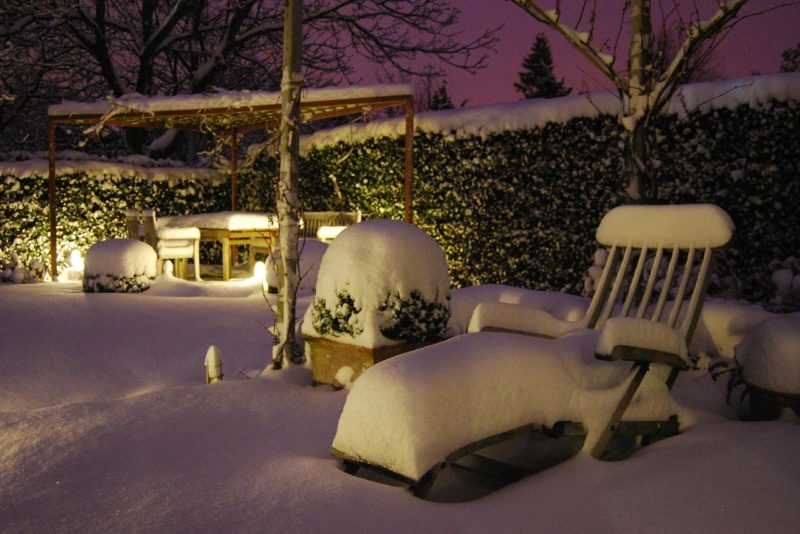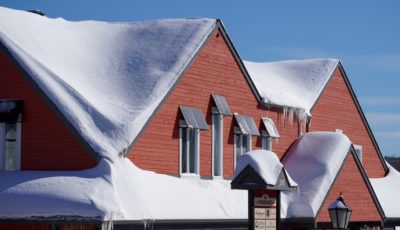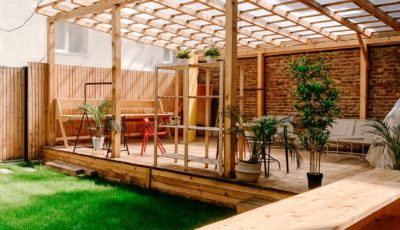Winter Maintenance for your Garden & Outdoor Areas
We all love the garden, especially in the summertime. But often the biggest barrier to enjoying the warmer months is to take care during winter. A good maintenance schedule and some preventative measures can pay off over the long term. Follow this winter maintenance guide for your garden and outdoor areas to ensure we emerge from the freeze as issue free as possible.
Taps & Running Water
If we have any water features in the garden (excluding ponds & pools, more on that later) it’s important to know what to do with them in the cold weather. If you are not going to use the feature for any length of time, ensure to turn off the water supply. Then let the water run out to ensure no water is left anywhere in the pipes that can freeze and cause damage or burst them. You can also find thermal covers for taps and exposed pipes, further lessening the possibility of frozen water damage.
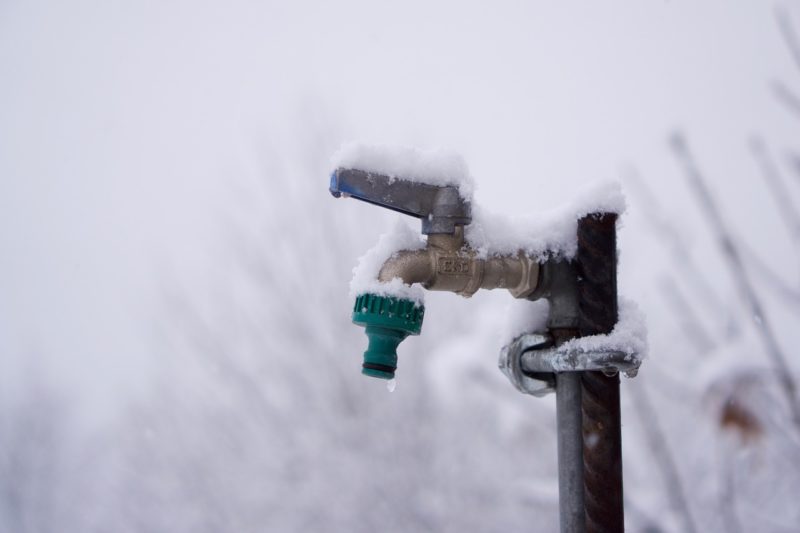
Leaves & Cleaning
Just keeping the paths, lawns, and other areas clean and tidy of debris, especially leaves, is essential. Mulching and rotting of organic materials can create a real mess. Such issues can make clean up expensive and time-consuming. A regular brush up or use of a good garden vac/leaf-blower can save a proper headache later. Paving and decked areas can become so damaged that they even require replacement. Some mosses and growths leave marks that even the toughest pressure washer won’t remove. All material gathered from this cleaning can be used in your garden composting to further make the exercise worthwhile.
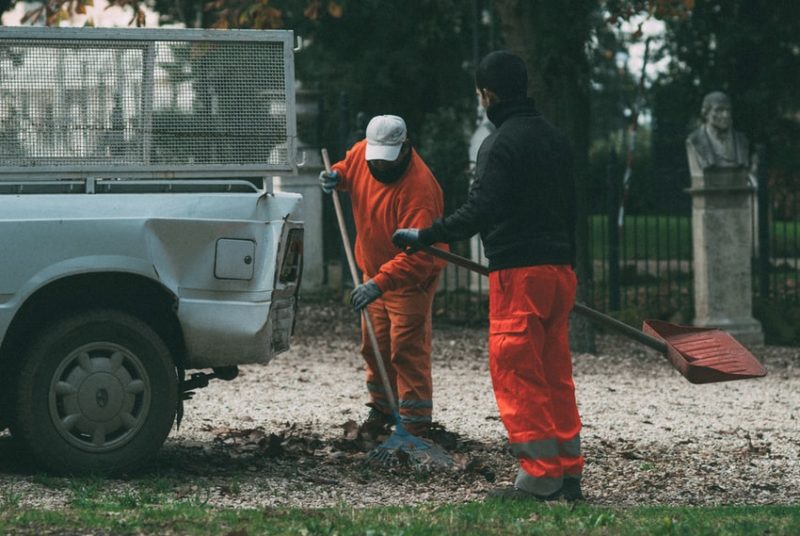
Ponds & Pools
Any area of open water can become an issue if left open to the elements over the winter. Ponds are one thing; they may thrive as they are a semi-natural phenomenon and should have a degree of plant life present, but it must not be allowed to grow out of control. Outdoor swimming pools are another matter entirely. We don’t want any unwanted pollutants or plant life present in the water. It’s essential to cover the pool with a heavy-duty tarp whenever it’s not used, and not disregard your usual cleaning schedule.
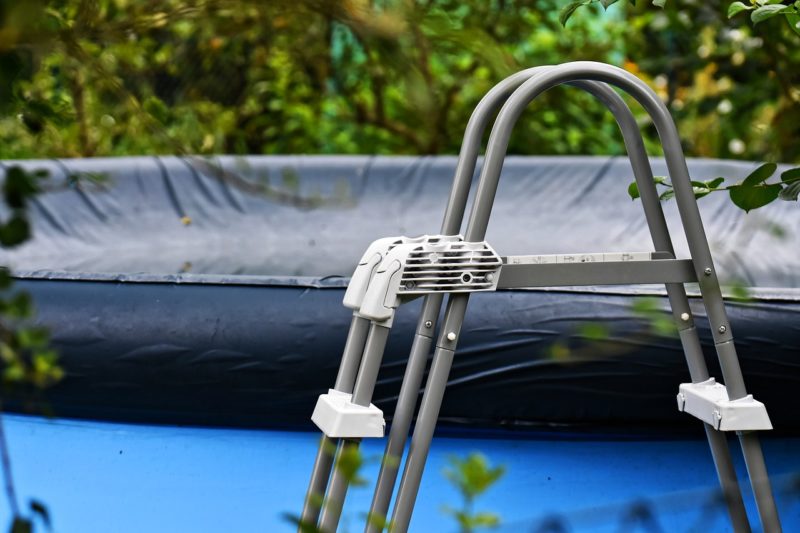
Snow & Ice
Snow and ice can be a problem in your garden. Paths and the driveway can become unsafe if snow or ice are left unattended. It is important to clean up snow regularly. Even though you are not regularly using the area, a nasty slip or fall could result in a trip to the emergency room. Even for your plants and shrubbery issues can arise. Check if large amounts of snow or ice are placing pressure on the leaves or branches and if so, it should be removed.
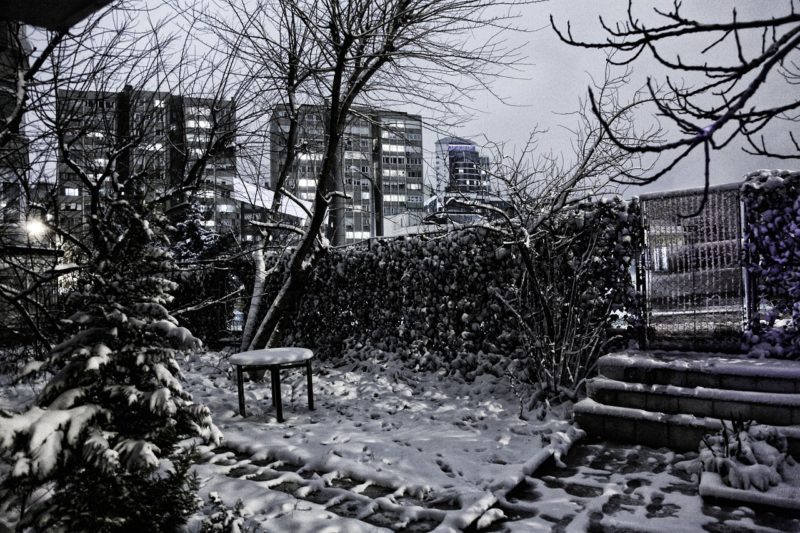
Play Equipment
If your yard is anything like ours was when the kids were young, there were often outdoor toys and games left all over the place. Clear up any small to medium-sized pieces of play equipment, including bikes, as they are prone to theft at the best of times. But even more, permanent items should be checked and maintained, as necessary. Many large play gyms have the option of removing certain parts, such as slides and swings. Consideration should be given to doing so during the worst weather for safety and reducing the chance of damage. Consider when we get storms and high winds, loose parts of the play equipment could cause broken windows or even injury. We can then bring the stuff out again in good condition once the weather allows.
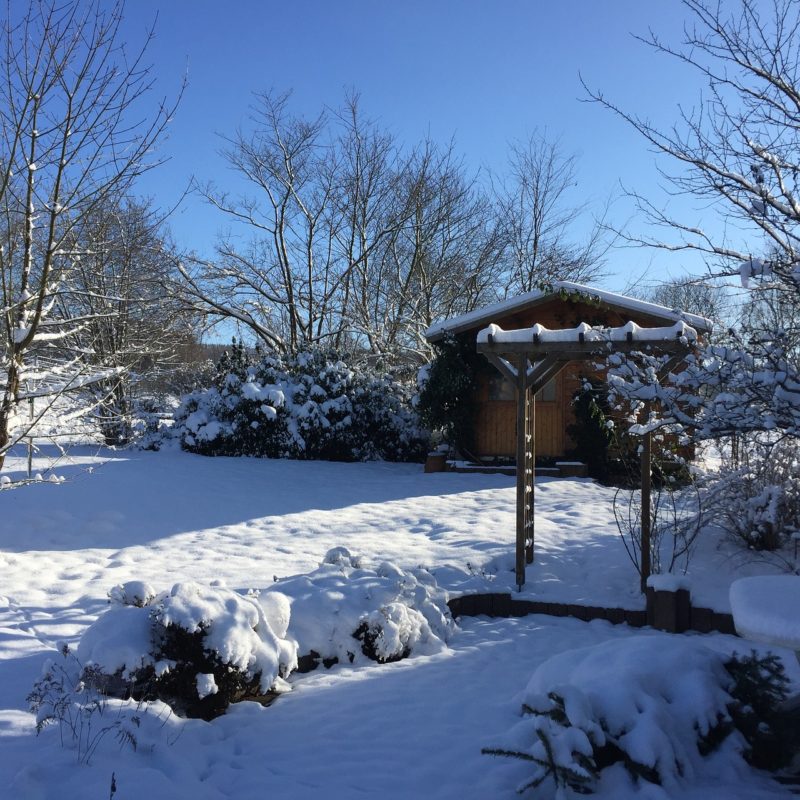
Paths
Paths need to be cleared and taken care of in the poor weather. We know growth and dirt can cause irreversible staining. For some more delicate types of paving, the expansion and thawing of ice between cracks can cause fractures over time. Sweep up at least once a week and consider pressure washing periodically. You should treat any walkways with grit or salt to ensure a slip-free surface.
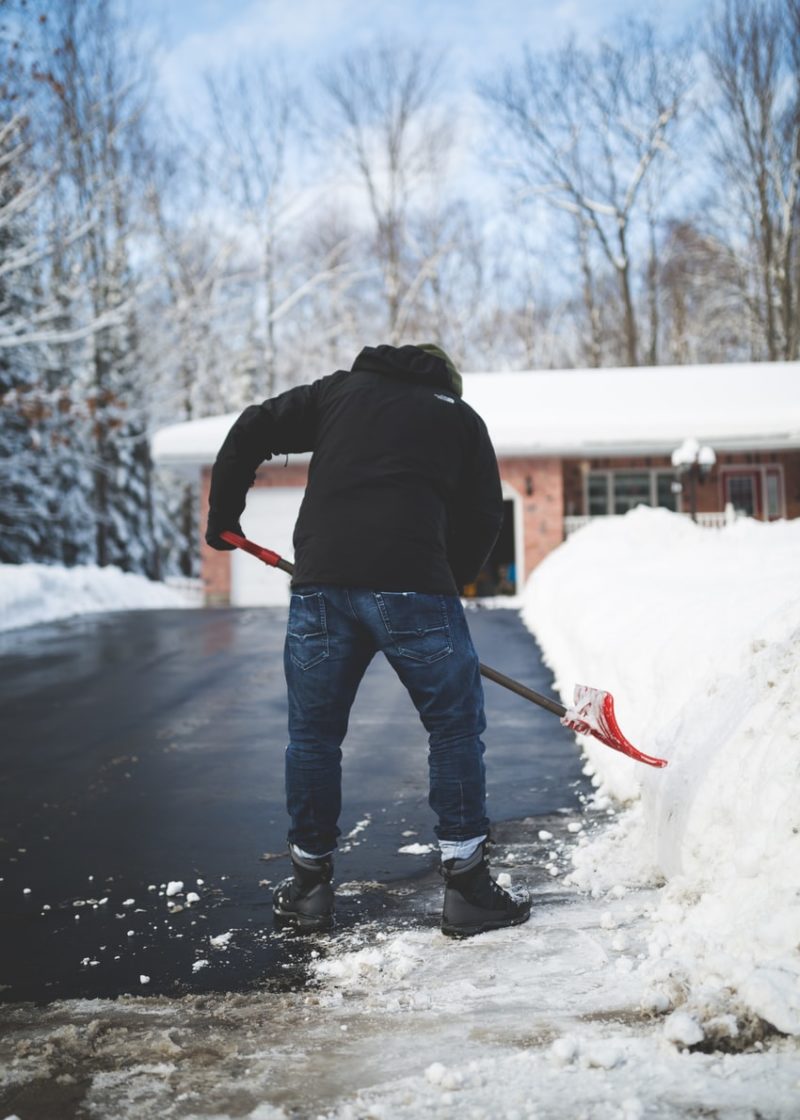
Timber
A care routine for any timber areas in your garden is essential over winter. This includes fencing, decking, garden furniture, and anything else. The first thing to consider is preparation before the weather turns. You should check if any of the timber is due to be retreated for weatherproofing, this is a relatively cheap and quick job, especially in comparison to the cost of replacement if rot sets in. If you are putting anything into storage make sure the items have been cleaned before doing so. Choose a storage provider with adequate ventilation and weatherproofing.
